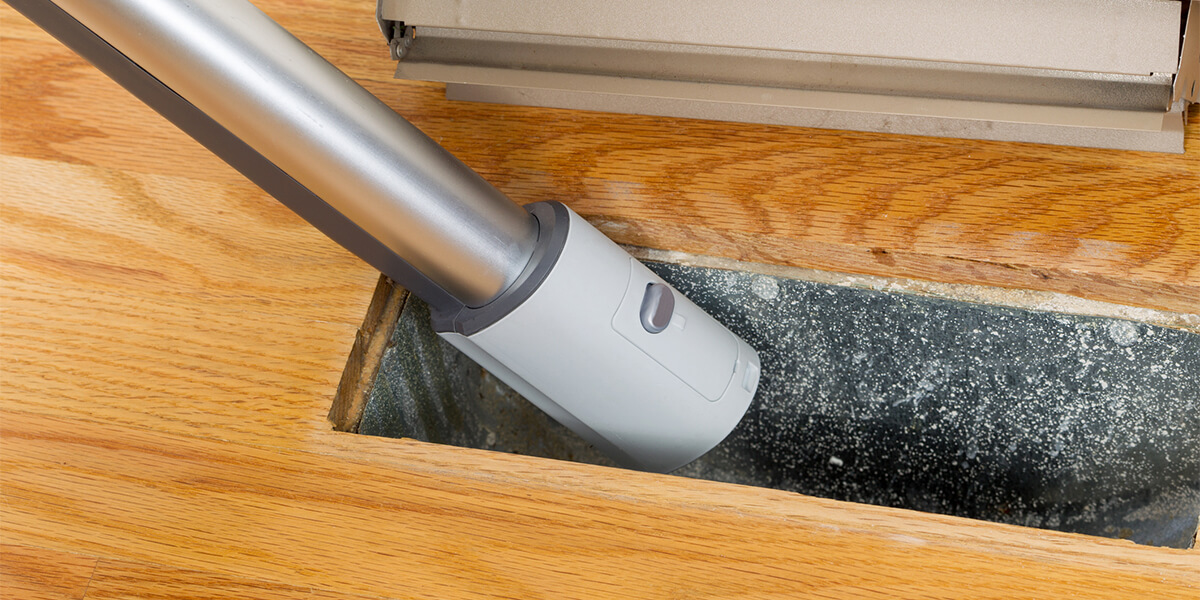Have you ever walked into a large building and felt the refreshing cool air, even on a hot day? This comfort is often provided by a crucial component of modern Heating, Ventilation, and Air Conditioning (HVAC) systemsthe chiller system. But, what is a chiller system in a HVAC, and how does it function to keep environments comfortable? Understanding this can offer great insight, especially if you’re a homeowner or managing facility operations.

The Basics of Chiller Systems
A chiller system is an essential part of most large scale HVAC systems. It is primarily used to cool and dehumidify air in both industrial and commercial settings. Chillers work by removing heat from one element and transferring it to another, primarily through a vapor-compression or absorption refrigeration cycle.
Types of Chiller Systems
- Water-Cooled Chillers: These systems use water to absorb and transfer heat, relying on cooling towers to exhaust the absorbed heat into the atmosphere.
- Air-Cooled Chillers: Unlike the water-cooled type, these utilize air for dissipating the heat. They are often easier to install and maintain.
- Absorption Chillers: These chiller systems use heat as energy rather than mechanical-compression to cool water.
Components of a Chiller System
The major components of a chiller system include the evaporator, compressor, condenser, and expansion valve. Learn more about HVAC components here.
Evaporator
The evaporator is responsible for absorbing heat. It takes in water and cools it down, preparing it for the air conditioning system.
Compressor
As the heart of the chiller system, the compressor’s job is to pump the refrigerant throughout the system and compress it into a high pressure, high temperature gas.
Condenser
After compression, the refrigerant moves into the condenser where it releases the absorbed heat, converting from a gas back into a liquid.
Expansion Valve
This component manages the amount of refrigerant entering the evaporator, ensuring the right pressure and temperature for optimal cooling.
How Do Chiller Systems Work?
- Chillers absorb heat from a process or space, transferring it to a water source or into the air outside the building.
- The core function involves the refrigeration cycle, where heat is extracted from the environment and ejected externally.
For a deeper dive into the mechanisms at play within a chiller system, consider these resources: HVAC temperature transfer.
Advantages of Chiller Systems
- Efficiency: They are highly efficient for large spaces, providing consistent and reliable cooling.
- Versatility: Can be used in various sectors including commercial, industrial, and residential settings.
- Cost-Effectiveness: When properly maintained, they offer great long-term cost benefits over other systems.
Challenges with Chiller Systems
- Maintenance: Regular maintenance is crucial to ensure the system operates at peak efficiency.
- Initial Cost: The initial installation can be costly, especially for larger chiller systems.
If you’re concerned about maintenance, you might find sanitizing HVAC systems resourceful.
Applications of Chiller Systems in Various Industries
Chiller systems are utilized in a diverse array of industries, including:
- Manufacturing and Industrial Facilities: To remove heat from processes and equipment.
- Healthcare: Critical for maintaining specific temperatures in medical facilities.
- Data Centers: Help keep servers and other technology cool to prevent overheating.
Conclusion
Understanding what is a chiller system in a HVAC not only helps in recognizing its importance in maintaining comfort but also emphasizes its energy efficiency and versatility. For any homeowner or business owner, being aware of the benefits and challenges of chiller systems can greatly enhance decision-making regarding HVAC solutions. To learn more about HVAC systems, check out CFM in HVAC.

FAQ
1. Why are chiller systems important in HVAC?
Chiller systems are crucial because they provide consistent cooling and dehumidification, which is essential for comfort and process cooling in various applications.
2. What are the main types of chiller systems?
The main types are water-cooled, air-cooled, and absorption chillers, each with distinct advantages depending on the specific application.
3. How does a chiller system differ from other HVAC components?
Unlike other components, a chiller system primarily removes heat from a liquid through a refrigeration cycle, making it unique in function and application.
This article contains affiliate links. We may earn a commission at no extra cost to you.






